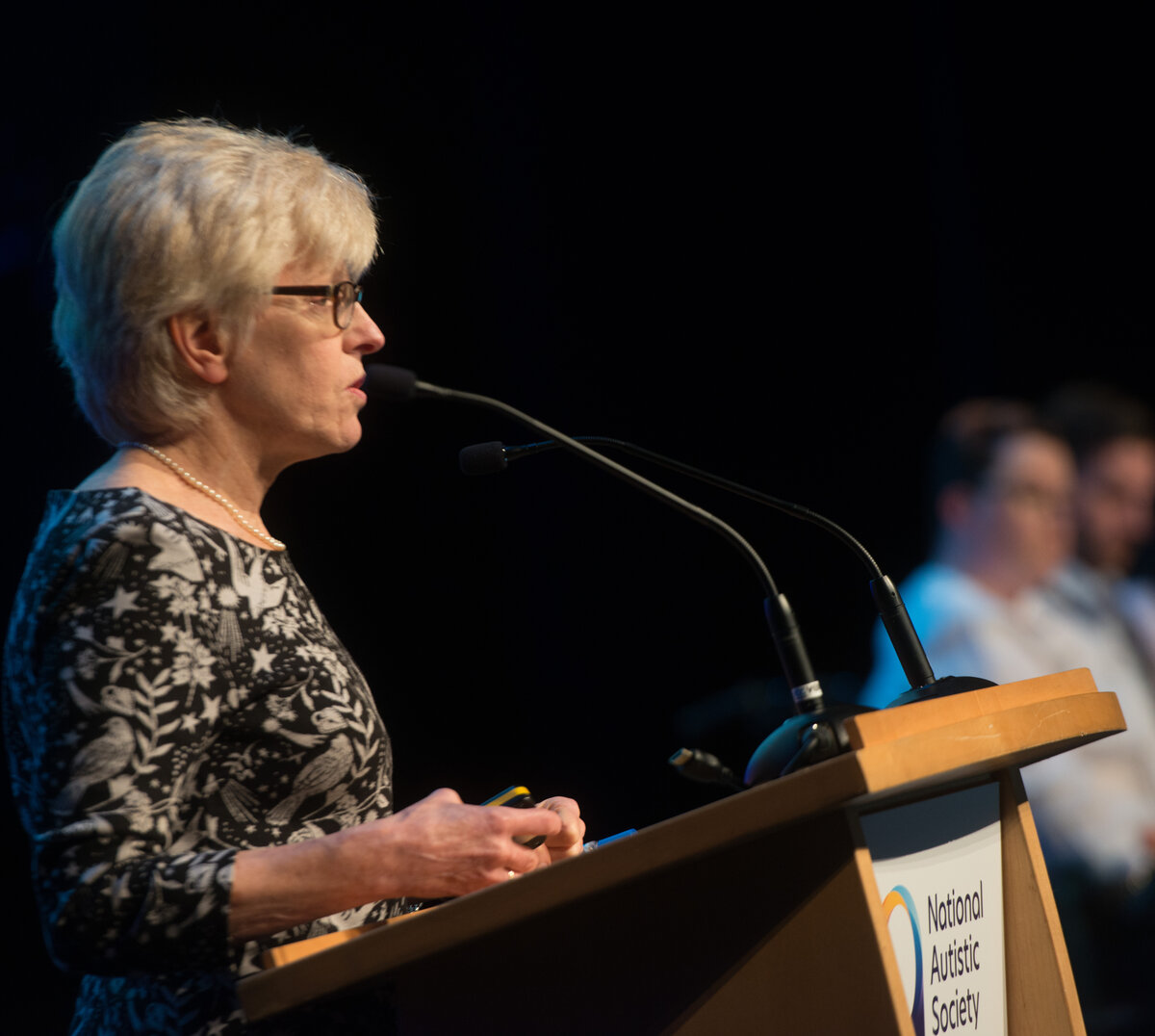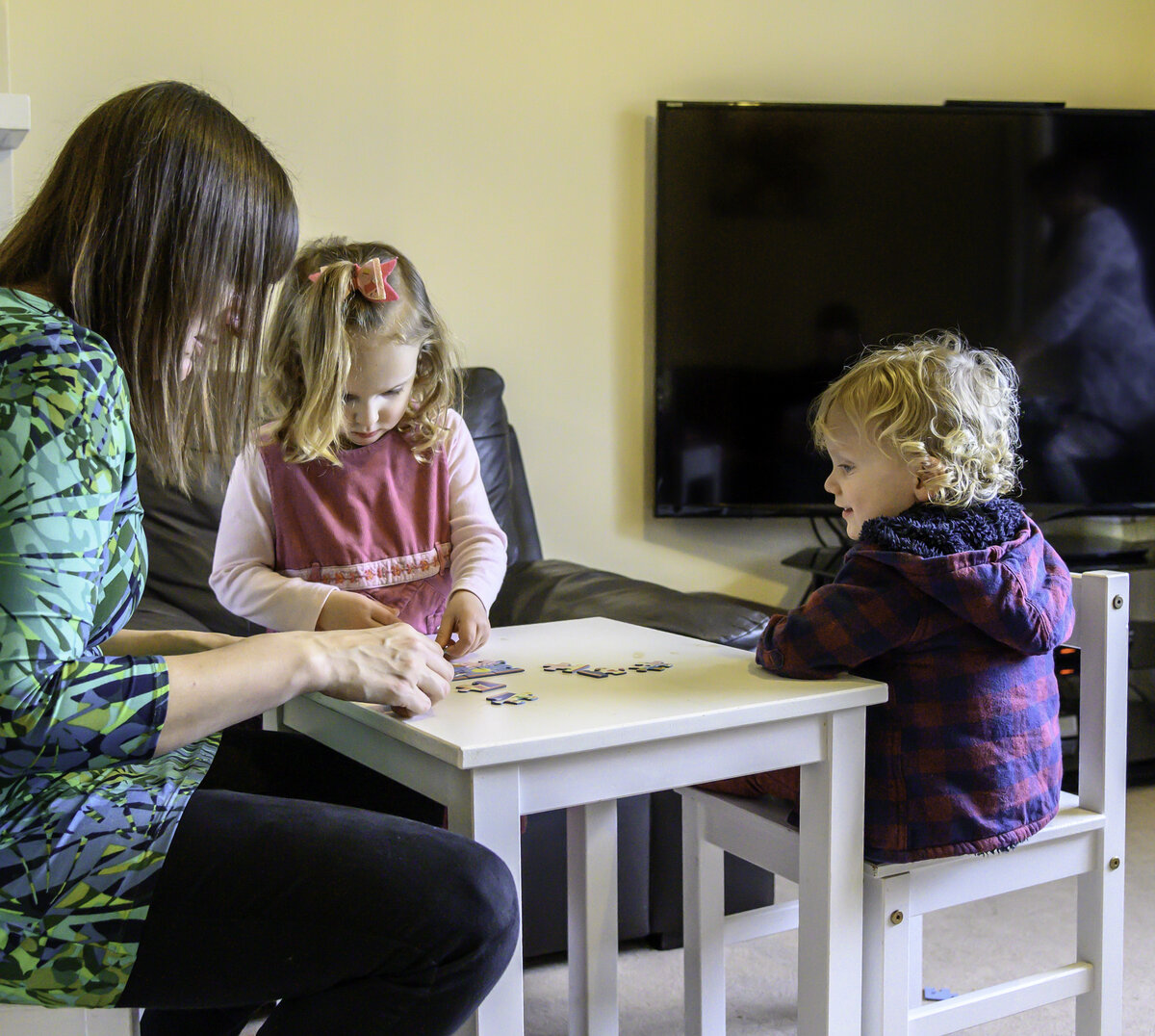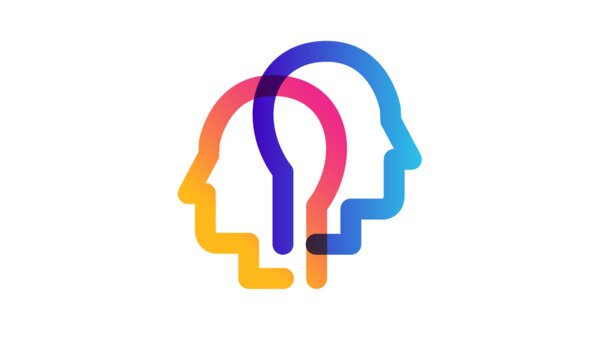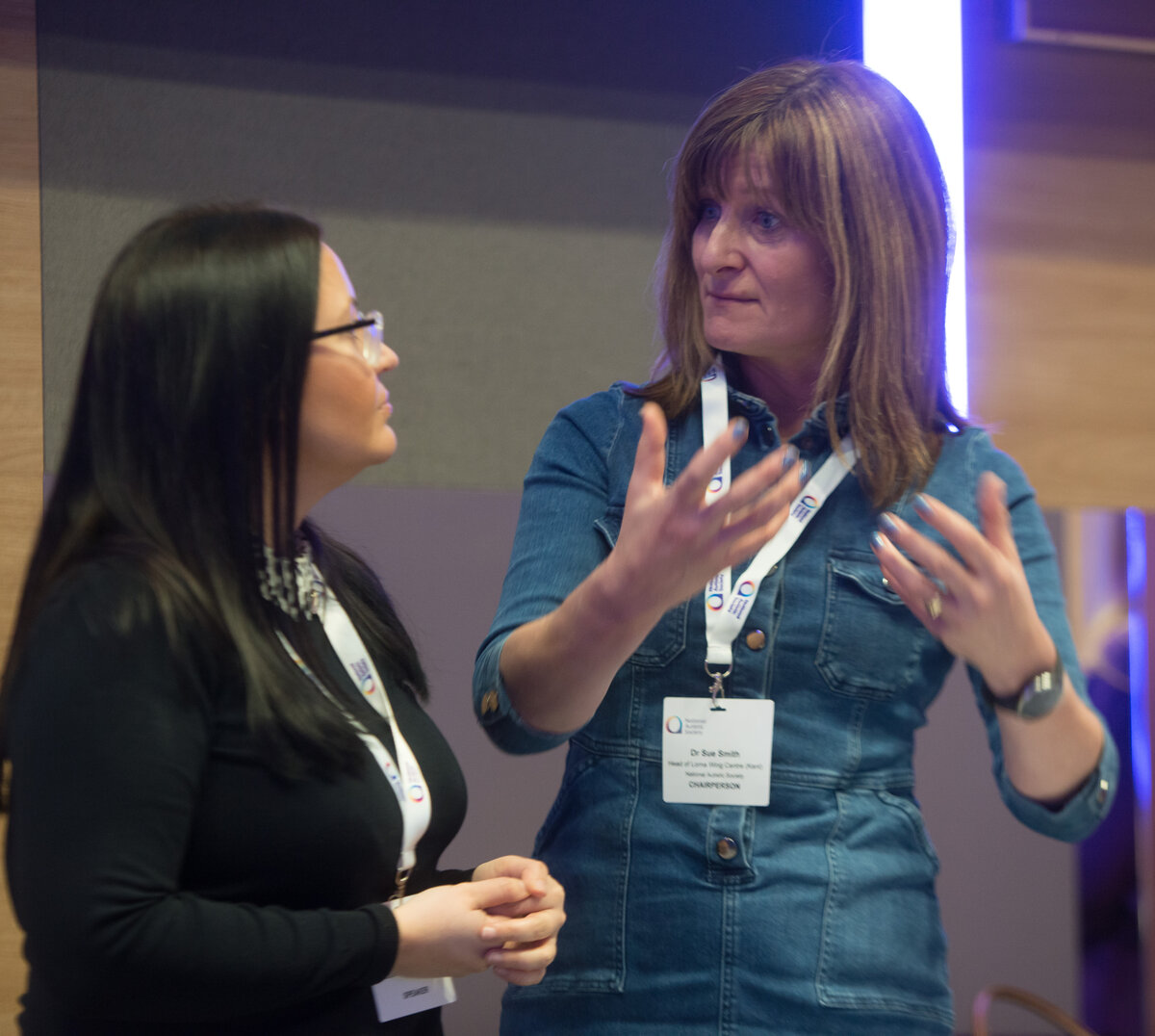Pathological Demand Avoidance: an adult's perspective
Published on 21 July 2015
Author: Julia Daunt
Julia Daunt shares her experience of having a pathological demand avoidance (PDA) profile. Julia is an advocate, writer and blogger.
Pathological Demand Avoidance, PDA, was first described by the late Professor Elizabeth Newson in the 1980s. Many consider PDA to be part of the autism spectrum. People with a PDA profile share difficulties with others on the autism spectrum in social aspects of interaction, communication and imagination. However, the central difficulty for people with a PDA profile is the way they are driven to avoid demands and expectations. This is because they have an anxiety-based need to control themselves, others around them and their environment.
People with a PDA profile seem to have a better social understanding and communication skills than those on the autism spectrum and are able to use this to their advantage.
Individuals with a PDA profile are affected in different ways, and to varying degrees, and it's important to remember this.
The main traits of a PDA profile are:
- obsessively resisting ordinary demands of life, including self-imposed demands
- appearing sociable on the surface but lacking depth in their understanding (often recognised by parents early on)
- impulsivity and excessive mood swings, often switching suddenly
- comfortable in role play and in pretending, sometimes to an extreme extent
- language delay, often with a good degree of 'catch-up'
- obsessive behaviour, often focused on people rather than things.
For a more detailed explanation of the traits, please see the National Autistic Society information on Pathological Demand Avoidance
Me, Myself and PDA
Right from a very early age it was noticed by many, if not all, people around me that I was different from other children.
My main areas of difficulty were being:
- very impulsive
- needy
- an attention seeker
- a poor sleeper
- very aggressive.
Even at pre-school age it was reported by teachers that I was 'very difficult to control' and that I 'had a bad temper'. Throughout my primary school years I was often in trouble, my mother was called into the school on a fairly regular basis, I was suspended many times and my daily meltdowns were often extreme in both the length of time they lasted and in the amount of physical violence I demonstrated.
I was very verbally aggressive too and I was using swear words from about age 4 in their proper contexts. Other children often reported being afraid of me and I had few friends. The few friendships I did have would only last for a short while. I was hardly ever invited to birthday parties or round to people's houses after school for tea. It seemed that no one was safe from my meltdowns and behaviour, although I did manage to keep a lid on the worst of my behaviour at school for the most part and I would frequently release it once I was at home and safe to do so.
At about age 7, I started to display extremely sexualised behaviours and I seemed to have little or no embarrassment regarding this. I was often 'accused' of lying by both children and adults following negative behaviour or outbursts. A lot of the time it was simply that I had no memory of the event/action that I was being accused of and was not simply a case of me lying. Sometimes I think the lines between reality and fiction became so blurred that I simply couldn't tell what was what.
I often 'lived in my own little world' - I liked it there. One of my closest friends growing up was my soft toy alien, ALF. He was a present from my brother when I was 3. I loved him from the start and we did everything together. I would feed, wash, dress him, teach him to read, talk to him and make others do so too.
When I'm asked now about ALF, whether I really thought he was real or if I knew deep down he was just a toy, I have to say that in all honesty I think I did think he was real. He was the perfect friend for a child like me. He never judged me, never made me do things that upset me, was never upset or hurt by my actions, never answered back and loved me unconditionally. ALF played a big role in my life until my teens. I still have him now and I wouldn't be without him but he's no longer as important. He's my most prized possession now and I don't think that will ever change.
Despite my long history of behaviours no one had thought to label it or offer much in the way of support, even though many, including my mother, had asked for it. When I went to secondary school is when things really broke down. I was permanently excluded after only 5 months. By this point I was at breaking point. I was self-harming and I hated my life. My relationship with my family was in tatters and I was taking part in some very risky activities.
As far back as I can remember I've always thought that I was different from others and this led to feeling of:
- isolation
- anger
- depression
- confusion.
These feelings were magnified once I hit puberty at age 10. At age 12.5 I was finally assessed for PDA by Professor Elizabeth Newson in Nottingham and a diagnosis was made. This really was the turning point for me, although the road to recovery from years of being mis-managed was a very long and bumpy one.
I was also diagnosed with ADHD at Guys Hospital in London and with having psychotic episodes. Once my ADHD was 'treated' with Ritalin then the healing process began. Now I'm 32 and I'm still taking Ritalin. I wouldn't say that my life is perfect but it's a far cry from the days when I hated myself and wanted to die. I'm in a place now where I'm able to see my PDA traits and behaviours and I'm able to self-evaluate and try to modify or reduce the negative effects of them.
I've all but eliminated my violent outbursts by reducing my generalised anxiety - I've achieved this by reducing the day-to-day demands that I, and others place on me. This has led to a massive reduction in my anxiety and in turn means that I'm now much less likely to become violent. I truly believe that self-awareness is the key with PDA. I live happily with my partner of 11 years. I wouldn't change a thing about my past or the journey it's led me on, after all, it's made me who I am today. PDA is what makes me me.
Further information
- To read more about my journey with PDA then please visit my website
- To find out more about PDA and for more professional resources then please visit the PDA Society website
- Join the PDA Professionals Group on Facebook for up-to-date information, advice, strategies and events.
Please note that requests to join this group are subject to a vetting process - please make sure that you check your Facebook Messages once you have requested to join the group. Thank you.












